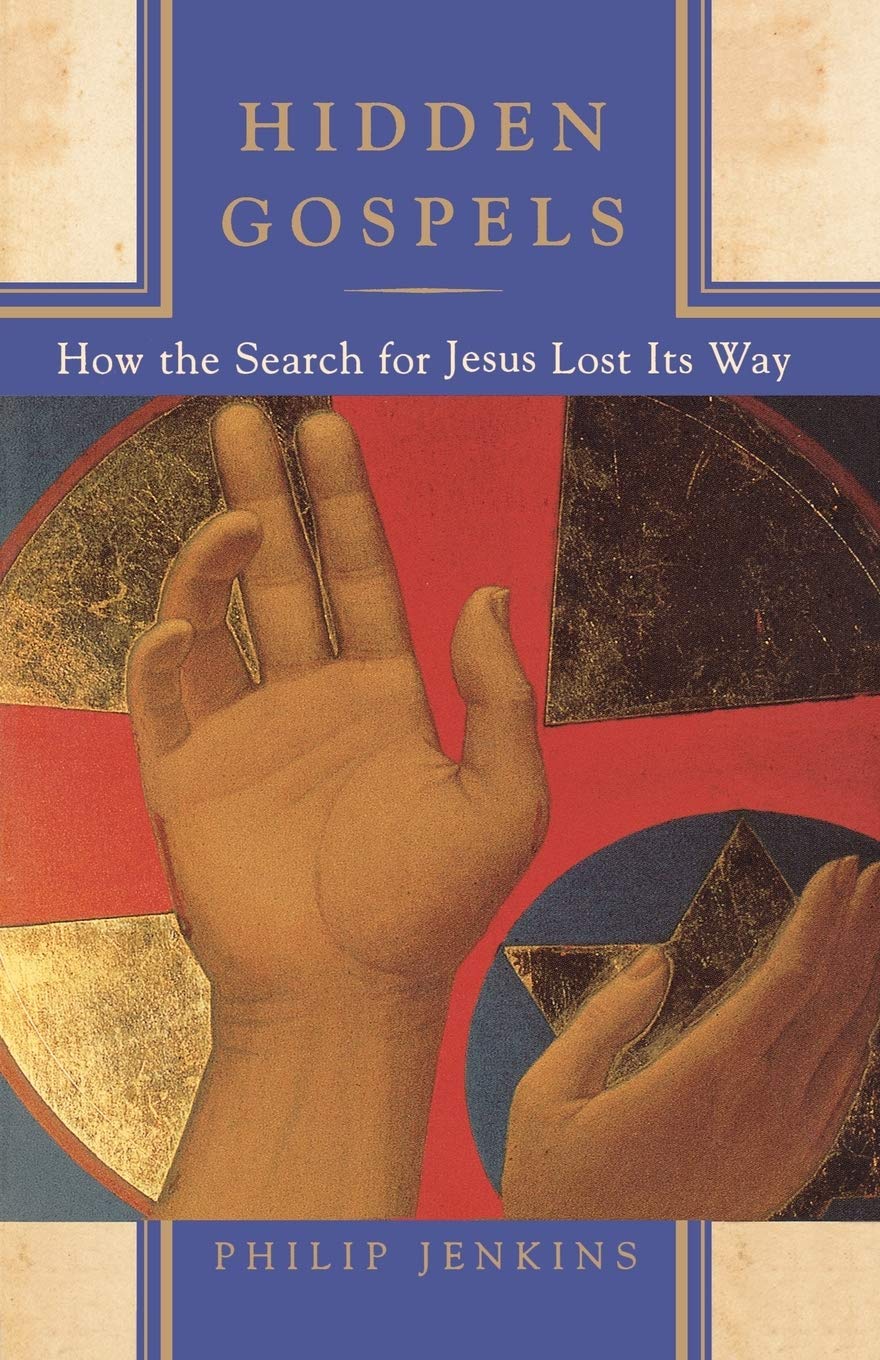Jenkins shows quite convincingly why such scholarship has proliferated and received so much attention. On the former score, the increase in academic programs in religion in recent years has meant that more graduate students have had to find fodder for original research. Gnostic gospels, Qumran scrolls, and other newly discovered documents are prime candidates for such study, since there has been less written about them. Add to that the agenda that many scholars have--for example, writing from a feminist perspective (or a Marxist one or a deconstructionist one, etc., depending of the critical school one wants to apply)--and there is ample desire then to enlarge the canon to include works that support one's point or to interpret them in such a way that they do. Finally, media, looking for good stories on religion, as it does, gravitates toward the controversial. Hence, even though 90 percent of the scholars might have conservative views on Christian faith, it's the 10 percent claiming that Jesus wasn't believed to be divine among the first two generations of followers or Jesus was a Cynic philosopher or Jesus was never crucified and in fact had a regular family, and so on, who get the attention.
Jenkins points out that many of the claims being made today by such scholars are actually quite old--that is, they have been made since the 1800s and in some cases even made only generations after the foundation of the Christian movement. Many of the newly discovered documents are merely new manuscripts of works of which we already have preserved copies. There is not much "new" to much such "new scholarship." In many cases, the agenda that such scholars have is actually subverted by the works they point to with such aplomb. Gnostic views, as Jenkins points out, were not generally so feminist, so egalitarian, so antiauthoritarian, as such scholars portray. Many were more misogynistic than anything seen in the accepted Bible. And they were very much focused around establishing some as better than the vast majority of people. Indeed, the simplicity with which Gnostic views are presented was usually anything but, with levels of gods (aeons) separating us from the divine, such that there was a great deal of knowledge to be gleaned before one could even claim to be truly informed.







No comments:
Post a Comment